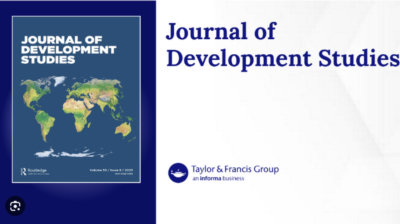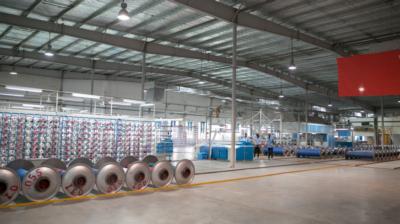Women in the developmental state: female employment and empowerment
It is fairly well documented that gender equality is positive for economic growth. The claim that female empowerment is ‘smart economics’ has become conventional wisdom. The opposite relationship, however, that economic growth is positive for gender equality, is more controversial. Although mainstream economic theory prescribes that growth directly or indirectly will ease the pressure on women, experiences from countries with fast growing economies show that women’s status and position will not automatically improve as a country gets richer. This is particularly the case in countries which are in the early stages of export led industrialisation, and under highly patriarchal and politically suppressive regimes. A common assumption is also that women who work in the formal economy, particularly in the labour intensive manufacturing industries, develop common interests and will see the use of organisations representing their interests (trade unions, welfare associations, civil society organisations or political parties). In a politically constricted environment, with a limited freedom of association, women’s organisation is however likely to be restrained. This study aims to contribute to this discussion with reference to Ethiopia: What is the impact of economic growth, through formal female employment, on the empowerment of women?
Through the study of female manufacturing workers in Ethiopia, which has one of the fastest growing economies in Africa, we will analyse how women's participation in the labour market impact on gender roles and on women's participation in society through interest groups.
A multidisciplinary project, combining micro-economic household surveys with ethnographic interviews, this research will provide new knowledge on the conditions for female empowerment in authoritarian growth regimes more generally.









